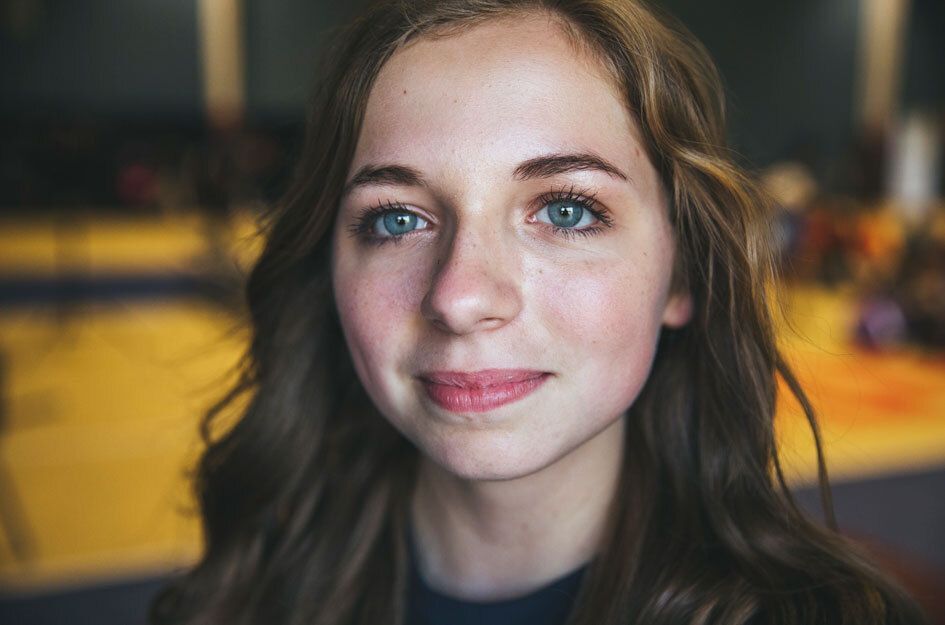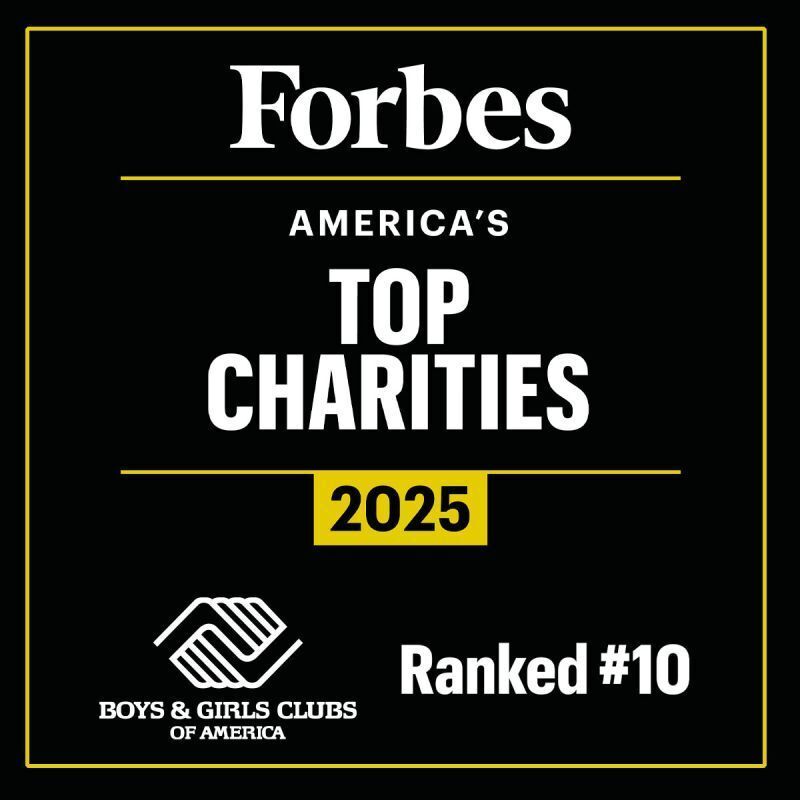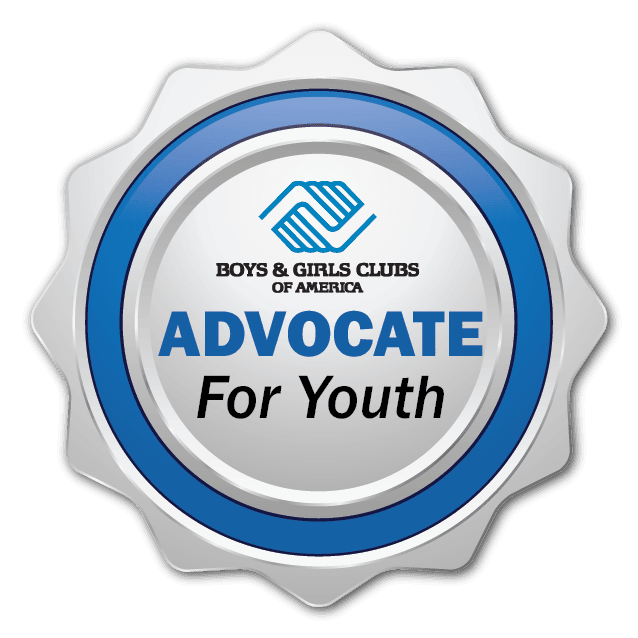Digital Distortion: How Filters are Changing the Way Girls See Themselves
Posted 09/02/2021 by Boys & Girls Clubs of America in Parent Resources
In recent years, plastic surgeons have noted a disturbing increase in the number of patients seeking changes to their appearance specifically to look more like their filtered selfies and digitally-distorted images they consume on social media. A cultural obsession with airbrushed perfection and relatively simple digital means to manipulate one’s own images seem to be adding a new dimension to some cases of body dysmorphia, a mental health condition in which a person is consumed with thoughts about a perceived or imagined defect in their body. This obsession interferes with multiple aspects of their lives including their work, school, home and social life.1
Teens are inundated daily by digitally-manipulated images. For instance, more than 69% of U.S. teens use Snapchat2, a multi-media instant photo messaging app known for its image filters. Instagram, Facebook and Twitter also offer various forms of photo enhancements. And, there are hundreds of photo editing apps, like Facetune and Picsart, that take these editing capabilities even further. It’s no surprise that 80% of girls say they’ve downloaded a filter or used an app to change the way they look in photos by the time they’re 13 years old.
One of the many problems with image filters is that young people scrolling through their social feeds often don’t know they’re being used, mistaking enhancements and airbrushing as reality. A 2017 study in the journal Cognitive Research: Principles and Implications found that subjects only correctly identified manipulated images 60% to 65% of the time3. The pervasiveness of digitally-altered images is now having a profound impact on girls’ expectations and understanding of societal beauty standards and how they see themselves.
From Selfies to Self-Confidence
Boys & Girls Clubs of America and long-time partner Dove have teamed up to provide parents, educators and youth group leaders with the programs and tools necessary to have critical conversations and model behavior that can change girls’ lives. According to a recent Dove study4, more than 70% of girls between the ages of 15 and 17 avoid normal daily activities, such as attending school, when they feel bad about their looks.
The time is now to take action to help girls overcome threats to their self-confidence fueled by digitally-distorted and unrealistic images they see on social media and to see all the beauty and potential inside themselves. But where do we start to combat negative influences that seem to be everywhere? Here are three things you can do now:
- Model Self-Confidence
We’ve all heard the saying “be the change we wish to see in the world.” If we want our girls to embrace their strengths and move through the world with confidence, we have to show them how. The Confidence Kit provides talking points and suggestions for identifying teaching moments when you have the opportunity to truly model self-care and confidence. - Have “The Selfie Talk”
Whether we like it or not, social media has become part of our daily lives. Young people are using social media to connect, create and play, but it’s important to speak to the young person in your life about the aspects of social media that can impact their self-confidence, like the digitally-distorted and unrealistic images they see while scrolling their feed. The Dove Self-Esteem Project created “The Selfie Talk,” which is a guide to facilitate a conversation with a young person in your life to help make social media a more positive place. Found in The Confidence Kit toolkit, “The Selfie Talk” includes tips like reminding young people that what you see on social media isn’t reality, that you can hide or unfollow accounts that don’t make you feel great, and that you can always take a “digital detox” and log out of your accounts if social media gets to be too overwhelming. - Curb Negative Self-Talk
It’s easy to make disparaging remarks about our own bodies and not even realize we’re doing it. Voicing dissatisfaction with the number on our bathroom scale or making comparisons to our favorite celebrity seem harmless when directed at ourselves, but we risk imprinting our girls with that same pattern of self-criticism and insecurity from an early age. Find advice to break this habit yourself and replace it with one that builds girls (and ourselves) up in the Confidence Kit.
A Whole-Girl Approach
Girls need to know that their self-worth is about so much more than their physical appearance. Helping girls identify what makes them unique and cultivate pride in their strengths — outside of how they look — is how we lay the groundwork for lifelong confidence. It’s also how they learn to appreciate others for more than just what’s on the surface.
Great Futures Start With Her
When girls receive support during adolescent years, research shows they can change the world. See how Boys & Girls Clubs of America is doing whatever it takes to empower girls with the confidence, resources and positive adult influences they need to have great futures.
1. “Body Dysmorphic Disorder”, My Cleveland Clinic, Cleveland, Ohio, 2018, https://my.clevelandclinic.org/health/diseases/9888-body-dysmorphic-disorder, (accessed August 2021).
2. J. Gramlich, ‘10 Facts about Americans and Facebook’, Pew Research Center, Washington, DC, 2021, https://www.pewresearch.org/fact-tank/2021/06/01/facts-about-americans-and-facebook/, (accessed July 2021).
3. S.J. Nightingale, K.A. Wade & D.G. Watson, ‘Can people identify original and manipulated photos of real-world scenes?’, Cogn. Research 2, University of Warwick, Coventry, UK, Springer Open, 30, 2017, https://doi.org/10.1186/s41235-017-0067-2, (accessed July 2021).
4. Dove, ‘New Dove Research Finds Beauty Pressures Up, and Women and Girls Calling for Change’, Cision, London, UK, PR Newswire, 2016, https://www.prnewswire.com/news-releases/new-dove-research-finds-beauty-pressures-up-and-women-and-girls-calling-for-change-583743391.html, (accessed June 2021).
Our Impact This Year
-
Days Open a Year
252
-
Youth Served
3,000+
-
Club Sites
6
-
Healthy Meals Served
160,500+






